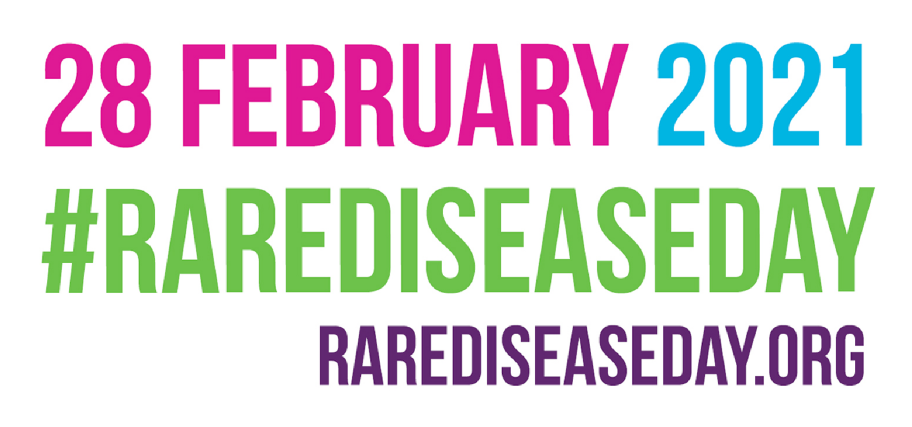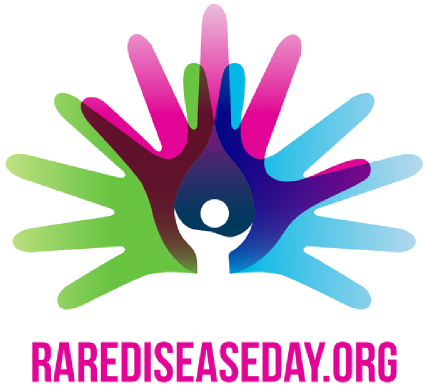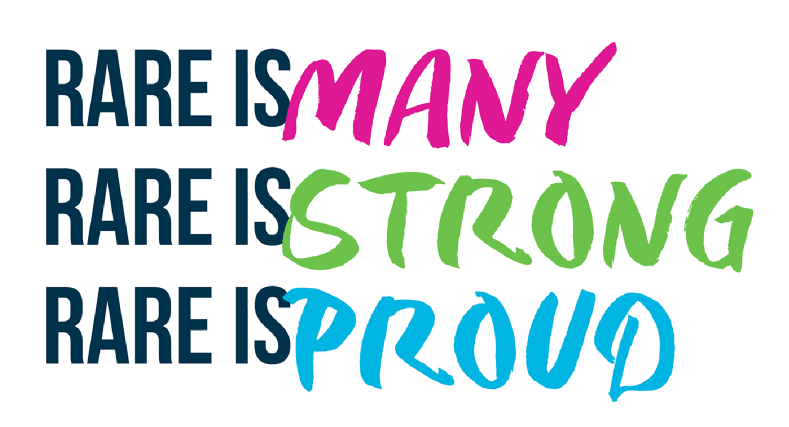Meet Ravi
“I want to be someone:”
Ravi’s journey with DMD
Ravi has something to say.
A law school student, Ravi is naturally soft-spoken. But with every new passion he has found in his life—environmental protection, philosophy, and advocacy on behalf of people with disabilities—he has grown increasingly motivated to speak up.
“I’m trying to overcome shyness and become more comfortable in my skin,” he explains. “I have important things to say, and too often, I hold it back because I’m afraid of what people think because of how I look.”
Ravi, 21, lives with DMD, a rare disorder that leads to progressive muscle wasting. DMD results from a genetic mutation on the X chromosome and can be passed down from the affected person’s mother or—as in Ravi’s case—originate through a random mutation. It begins in childhood, but early symptoms are not always noticeable.
His uncle first called attention to his symptoms when Ravi was seven years old. “He noticed certain things, like I would get tired, and I had a harder time climbing stairs. Small things like that,” Ravi says.

Ravi and his family saw several specialists before they ultimately learned he had DMD. Though the diagnosis rocked the family, they were equipped to provide support. Ravi’s parents, Rashmi and Craig, are both physicians. His sister Monali, also a doctor, is completing a residency in radiology at Indiana University, while his sister Sonja is in her first year of medical school at the University of Tennessee.
The family gave Ravi plenty of at-home support as he was growing up, including regular stretching, physical therapy and plenty of healthy food. His community supported him, too; his high school even installed an elevator so he could reach all classrooms. “I’m lucky,” he says.
DMD worsens over time, and most people with Duchenne require the use of a wheelchair by the time they are in their early teens. While Ravi walked until he was 15, he is now in a wheelchair.
“I get weird questions like, ‘Can you feel your legs?’” he says. “I don’t think people know what [Duchenne] is. They don’t know how severe it is or how quickly the disease progresses.”
Ravi’s initial career interest was researching a cure for Duchenne, and he entered college as a biology major. He soon added a second major, political science. He explains, “A cure doesn’t really do much if you don’t have people in politics pushing for these things to be approved by the FDA.”
College also gave Ravi an opportunity to develop his interest in environmental issues. “Environmental stuff so often gets overlooked. People who are disabled also get overlooked,” he explains. “I see a connection.”
In 2018, he completed an internship at the Ecological Society of America, focusing on increasing opportunities for young people of color in STEM. He also advocates on behalf of people with cancer as a member of Up ‘til Dawn, an organization supporting St. Jude’s Children’s Hospital. He helped the Memphis University chapter raise $100,000 last year.
Ravi says his decision to become involved in the DMD community happened fairly recently. He recalls thinking, “I’m advocating for other people, but who’s advocating for me? I have to advocate for myself and people like me.”

The friends he has made in college have shown Ravi the power of his own voice. He met his best friend, Brennan, in his second-semester political science class.
“He came up to me and wanted to be my friend,” Ravi remembers. “He knew I was shy, and he could tell I wasn’t going to approach him, but he wanted to know about me and was interested in what I had to say.”
Ravi says Brennan continually reminds him, “There’s no excuse not to live life to the fullest.”
“He goes out of his way to include me,” Ravi says. “He treats me just like he would treat anyone else. When people ask him, ‘How’s your disabled friend?’ he says, ‘He’s not my disabled friend. He’s just my friend.’”
Brennan, who is far more outgoing than Ravi, has inspired Ravi to share his story more frequently and publicly.
Over the past year, Ravi has become involved with Parent Project Muscular Dystrophy (PPMD), one of the more prominent DMD advocacy organizations. He recently joined the PPMD Adult Advisory Committee (PAAC), which was created to amplify the voices of adults with Duchenne in the DMD community.
“I wanted to meet other people who have Duchenne and maybe be a leader and a model for younger kids and their families,” Ravi says of his inspiration to join PAAC.
He wants other Duchenne families to know that being diagnosed with DMD “is not the end of the world.”
The disease brings undeniable challenges, but Ravi remains focused on his academic and career goals, his activism, his strong friendships and his hobbies, which include working with a group of friends to start a power wheelchair soccer team in Memphis.
And he’s not willing to let shyness stop him from sharing his story or pursuing his dreams—at least not anymore.
“I want to be someone. I have these goals and if I’m not speaking my mind and letting people know what I believe in, then they’re never going to believe me,” he says. “People won’t get to know you if you don’t make yourself known.”





